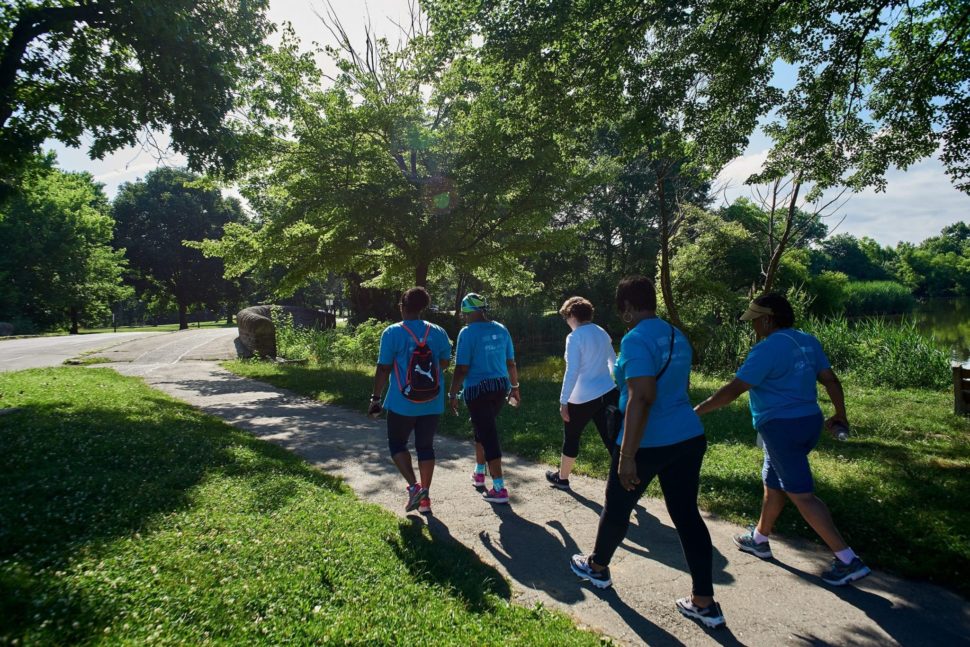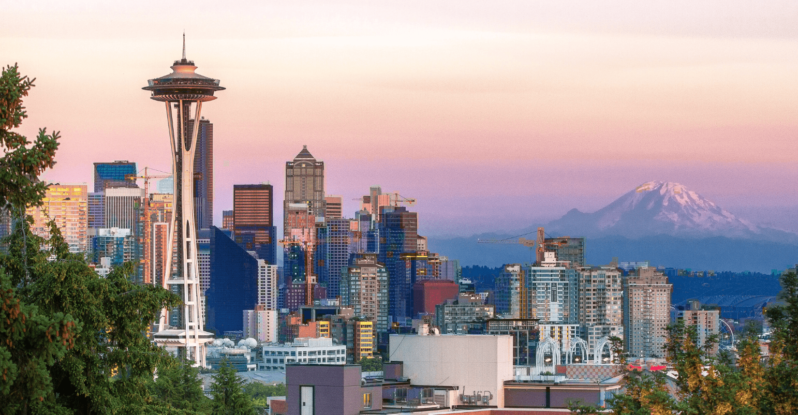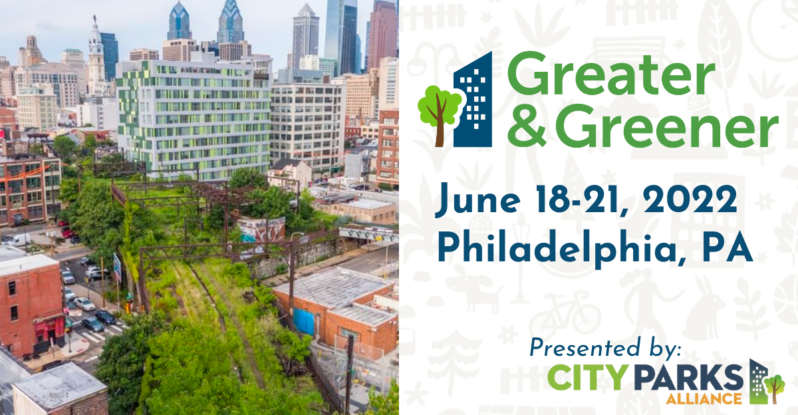Investing in high-quality parks often leads to significant economic development in surrounding communities with new real estate and commercial investments and an increase in property values. Although this economic activity contributes to a city’s vibrancy and economic health, it can lead to significant displacement of existing residents and businesses – what many are now calling “green gentrification.” As cities strive to make more equitable investments in parks, particularly in low-income communities, they struggle with how to make those investments in a way that leads to inclusive economic opportunities for existing residents and local businesses.
Learn from practitioners in Detroit, MI and Lawrence, MA who are pioneering new approaches to planning park investments as part of broader community development efforts focused on affordable housing and small business development. Through collaborative planning with housing, community development, and cultural and educational institutions, cities are ensuring existing residents benefit from the economic growth and improved quality of life that come from high quality parks, greenways and public spaces.
*Attendees are eligible for 1 PDH via the Landscape Architecture Continuing Education System and 1 CM via the American Institute of Certified Planners.




